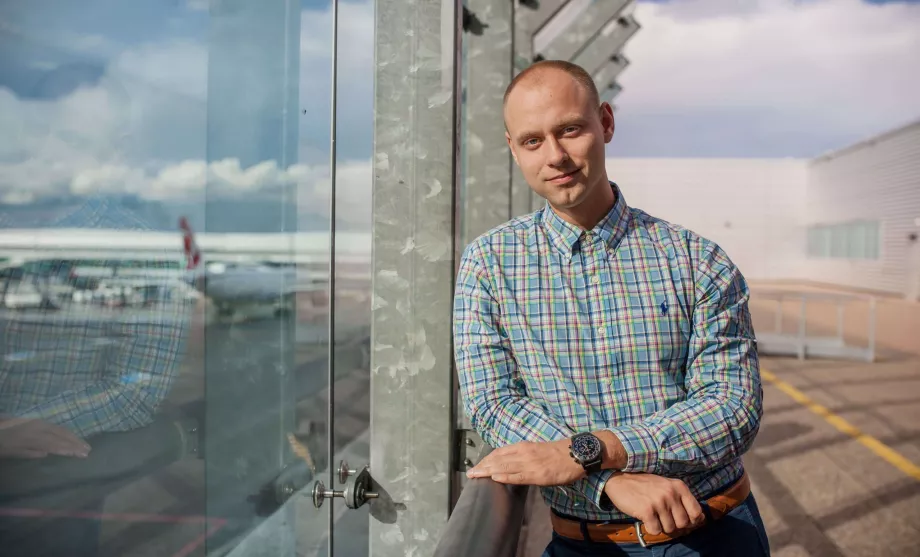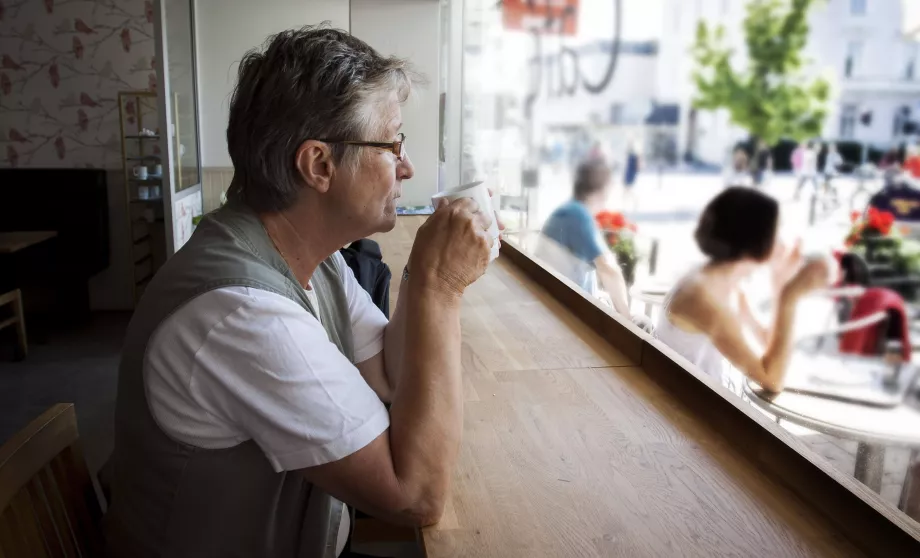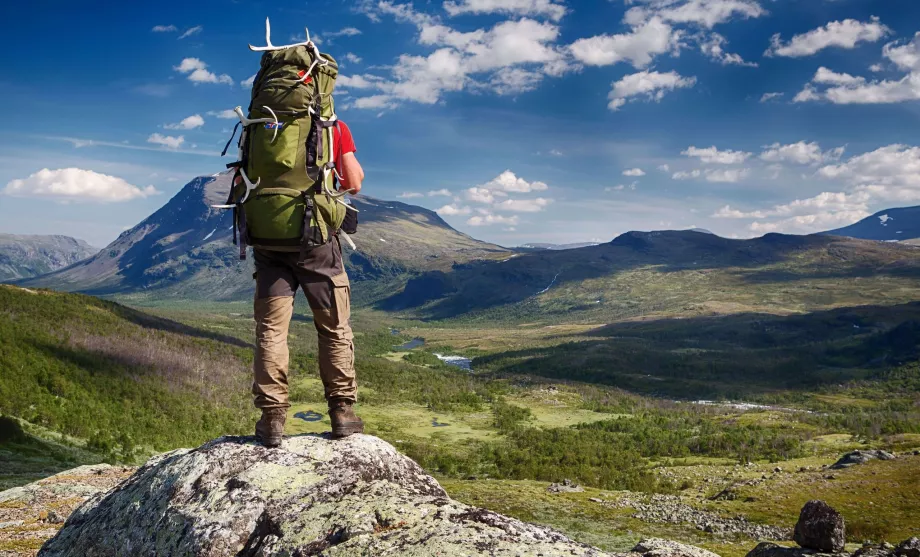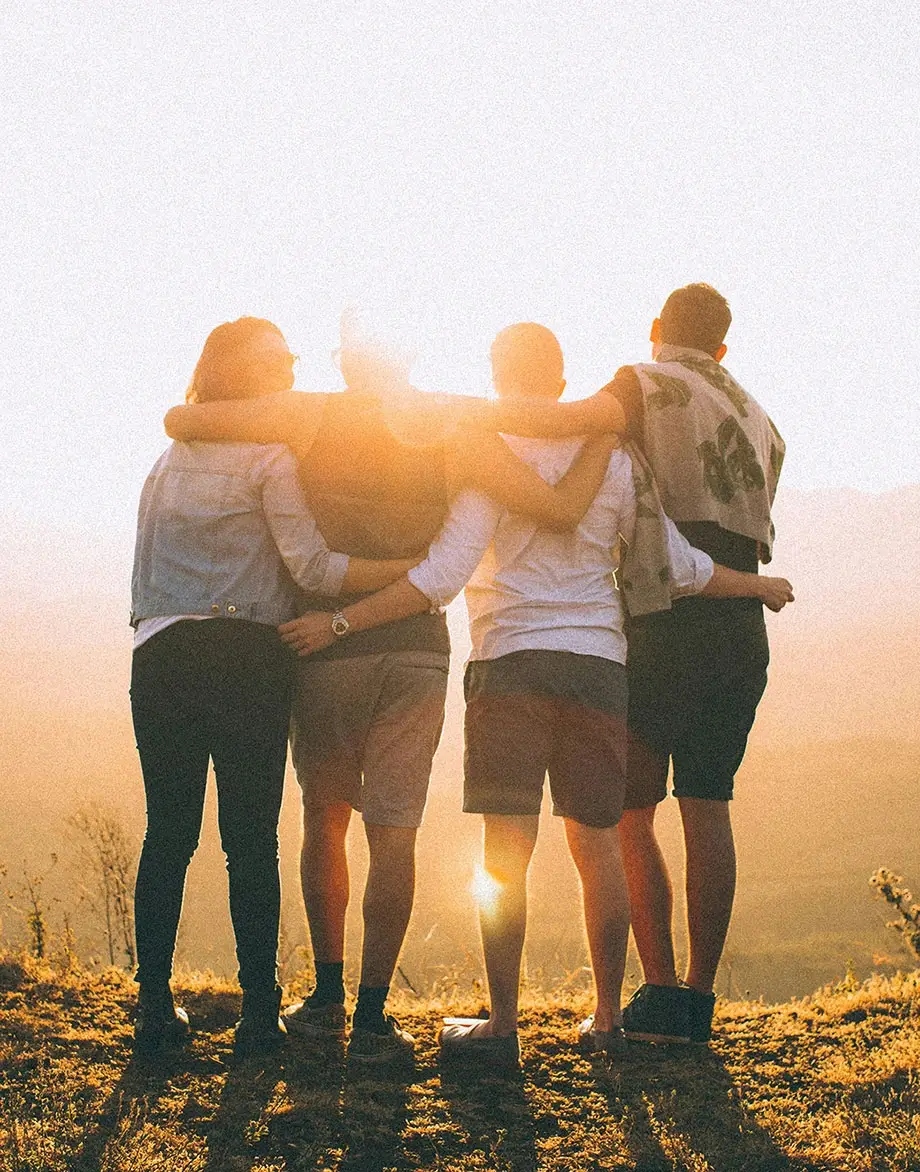Culture and history of Sweden
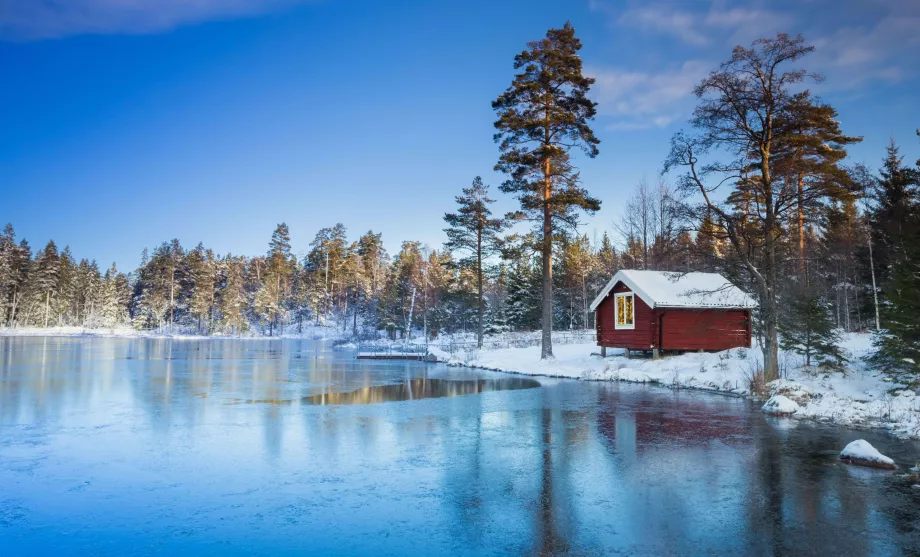
How easy is it to speak English in Sweden? What are the locals like and when are the shops closed in Sweden?
Language
Swedish is a Germanic language that is grammatically for the layman something between English and German. It is very similar to Norwegian and a little less similar to Danish.
Swedish is also spoken in some parts of Finland, where Swedish is the second official language.
There is absolutely no problem with English in Sweden, even in the smallest villages completely off the tourist trails.
However, over 95% of Swedes are fluent in English, so you don't have to worry about Swedish at all. The reason Swedes speak so well is because of the quality of teaching in schools and the lack of dubbing on TV. The vast majority of films are only available with subtitles.
People
When you say Swedish, everyone thinks of a cool, tall, blue-eyed blond. There's something to it. Swedes are colder than in other parts of Europe. If you want to make friends, you almost always have to make the first move. When one makes Swedish friends, it is said that they are then acquaintances for life.
Otherwise, Swedes are very polite and pleasant people. At all times they are polite, correct and in times of need they are willing to help as much as they can.
Swedes play a lot of sports. The gyms are full from morning till night. In the parks you will meet many people who improve their fitness by running or cross-country skiing in winter.
Swedes only drink alcohol on weekends, but they drink it in larger quantities. At weekend events, they can get pretty wild. It almost seems like they are compensating for the decent face they show during the week.
Interestingly, the Swedes are masters of standing in perfect queues. Queues are everywhere and no one minds standing in them. They even seem to enjoy standing in them.
Do you know which country drinks the most coffee in the world per capita? It's the Finns, but the Swedes are a close second. The Swedish "fika" (coffee break) takes place several times a day. The same goes for ice cream. Finns are the biggest consumers, Swedes second. It is not uncommon to meet small children in 10 degrees licking ice cream.
Holidays
Solstice celebration - is the celebration of the longest day of the year (it is always celebrated on the weekend between June 19 and 26). Sweden's geographical location makes it one of the countries that has an incredible appreciation for summer, and you can really see it in the Swedes. Swedes love the outdoors, which is why this day is perfect for parties, barbecues, camping and pretty much anything that happens in the summer and outdoors. Then in the evening, the midsommar turns into one big party.
Varborg - witch burning in Sweden. It is celebrated on the 30th of April. It is nowadays mainly a celebration of the arrival of spring, a final farewell to the long, dark and cold winter. As in Sweden, it is traditional to light large bonfires, but in many places, and especially in university towns, merriment breaks out from early in the morning. Adding to the magic of Walpurgis Night is the exceptional permission to consume alcohol on the streets, in parks and other public spaces without risking otherwise hefty fines.
St. Lucia - This holiday falls on December 13. It is the darkest day of the year, and so Swedes celebrate the coming of the sun. From 14 December onwards, the day gets longer in the afternoon (but only in the afternoon, the shortest day falls on 21 December). Swedes celebrate St Lucia happily and en masse - mainly in schools and kindergartens, but not infrequently at work. In many places, a vote is held to elect a local Lucia representative to lead the festive parade.
The parade is usually made up of children or girls dressed in long white shirts. Each participant carries a burning candle in their clasped hands in front of them, and the prettiest girl walks at the front, adorned with a glowing crown on her head and a red sash around her waist (fortunately, wax candles in crowns have recently been replaced by electric candles).
For their singing they usually receive small gifts, usually in the form of various delicacies, often followed by a small feast or at least gingerbread (pepparkakor), special yeast dough pastries (lussekatter) and glögg - strong mulled wine with spices, raisins and almonds. In many places in Sweden, Christmas concerts are held on this day and there is a competition to see who can have the biggest parade.
Vasaloppet (Vas's Run) - the most famous cross-country ski race in the world. It is run to commemorate the escape of a Swedish nobleman, the future King Gustav Vasa, who was fleeing from King Kristian II of Denmark. Denmark in 1520 from Sälen to Mora. The run takes place every first Sunday in March in the province of Dalarna. It is 90 kilometres long and almost 16,000 skiers take part.
Cinnamon Snail Day - (Kanelbullens dag). Swedes are crazy about sweets. There are plenty of cafes where you can get all sorts of treats. The most popular is undoubtedly the cinnamon snail, which Swedes love so much that they even dedicate one day a year to celebrate its exceptional taste. If you fancy a taste of 'kannelbulle', come to Sweden on 4 October.
Brännbollsyran - This is a big festival of the typically Nordic sport of brännboll, which is similar to baseball. The main difference is that the batter pitches the ball himself. The event is always held on the first weekend in June in the university town of Umeå. A few professional teams take part in the tournament, it's not so much about winning, but more about taking part, having as much fun as possible and drinking as much alcohol as possible. Most of the teams dress up in different costumes, making the game look more like a masquerade. The event is also considered to be the best student event in Scandinavia.
Opening hours of shops and restaurants
Regular supermarkets and shops are open on weekdays between 7:00 and 21:00. Some supermarkets limit their opening hours by about 2 hours on Saturdays and by as much as 5 hours on Sundays.
However, most supermarkets remain open on Sundays and public holidays.
It is very common for bars and restaurants to remain closed on Sundays or Mondays. However, these tend to be bars that specialise in drinking alcohol. Regular restaurants or fast-food outlets are open every day.
History in a nutshell
Sweden has been inhabited since the Bronze Age, as evidenced by the many archaeological finds from all over the country. Historians consider the formation of Sweden to be the union of Svealand and Götaland under a king named Erik VIII (970-995).
At the beginning of the Middle Ages, the Swedes were among the Vikings.
In 1389, the three states of Norway, Denmark and Sweden united into one monarchy (the so-called Kalmar Union). In the 15th century, the Swedes resisted efforts to centralise power under the Danish crown, which resulted in armed conflicts.
Sweden finally broke away in 1521, when Gustav Eriksson Vasa, known as Gustav I Vasa from 1523, established a hereditary monarchy and thus the modern Swedish state. Gustav Vasa is thus considered by Swedes to be the father of the nation. The 17th century was marked by a rapid expansion that placed Sweden among the European powers. However, this position began to crumble in the 18th century, when Tsarist Russia fought the states of northern Europe in the Great Northern War, leading to the separation of the eastern half of Sweden, which became the Grand Duchy of Finland.
Sweden's modern history is largely peaceful. The last war was an expedition against Norway in 1814, after which a Swedish-led union with Norway was formed. This union broke up in 1905. Sweden remained neutral during the World Wars and did not engage in the Cold War. Even today, the country is not a member of any military alliance. In 1995 it joined the European Union.
Culture
Older Swedish culture mainly concerns architecture, sculpture and literature. There are many interesting buildings in Sweden, from Romanesque to modern. Some engravings and sculptures date back to prehistoric times, and rune stones became widespread during the Viking Age. In Sweden, many European works of art can also be admired in museums, which the Swedes acquired during numerous wars. To this day, they also hold a number of Czech works of art. The museums are mostly free, but in some cases you have to pay.
The more modern culture refers mainly to the 19th and 20th centuries, when literature, music, drama, film and other cultural areas flourished. Notable examples include the writer Astrid Lindgren, the director Ingmar Bergman, the band Abba, the duo Roxette and the band Hammerfall.
Today, Sweden is the second most successful country in the pop charts after the USA. Try googling "top Swedish music groups and singers" and you'll see. The proof is in the Eurovision contest, for example. Swedes are literally obsessed with this contest. Just as they watch hockey here, so in Sweden they experience this competition. You can also watch live broadcasts on big screens in the bigger cities.
The perception of alcohol in Sweden is interesting. Because of the former full prohibition, even today sales are severely restricted. Alcohol can only be purchased at Systembolageta stores for people over 20 years of age. There are only a few of these outlets in each city. Some clubs and bars set their own age limits for the sale and consumption of alcohol (such limits can go up to 30 years). Ordinary supermarkets only sell alcohol up to 3.5%.
The situation with tobacco products is also interesting. Smoking is banned in Sweden in enclosed areas open to the public: restaurants, bars, music clubs, beer halls, etc. You can only light up in gardens, otherwise you have to go outside to smoke in front of the restaurant. This is why the local speciality snus has taken hold. In practical terms, it is tobacco that is 'stuffed in the mouth'.
Snus is a mixture of ground and specially treated tobacco that resembles chewing tobacco. It has been traditionally produced in Sweden since the 18th century and can be found in tobacconists in inconspicuous round tin jars. Snus is regularly used by more than 1 million people in Sweden. In 1994, the European Union adopted a directive banning the sale of this tobacco product. Sweden is the only country that has managed to obtain (or rather, fight for) an exemption, so the Swedes are happily snusing away. After 2005, when the ban on smoking in restaurants was introduced, sales even increased significantly.
Tourism
Tourism levels are high. Mostly German tourists come to Sweden. There are also tourists from all over the world. In particular, tourists head for the biggest attractions, namely Stockholm and Lapland.
You won't find as many tourists in the mountains. There, you'll mainly meet Swedes.
The tourist infrastructure is of a very high standard and among the best in the world. Accommodation can be found in all forms from cheap hostels to luxury hotels.
Transportation is ready for tourists and in all services you can speak English.
Any questions left?
If you have any questions or comments about the article...
